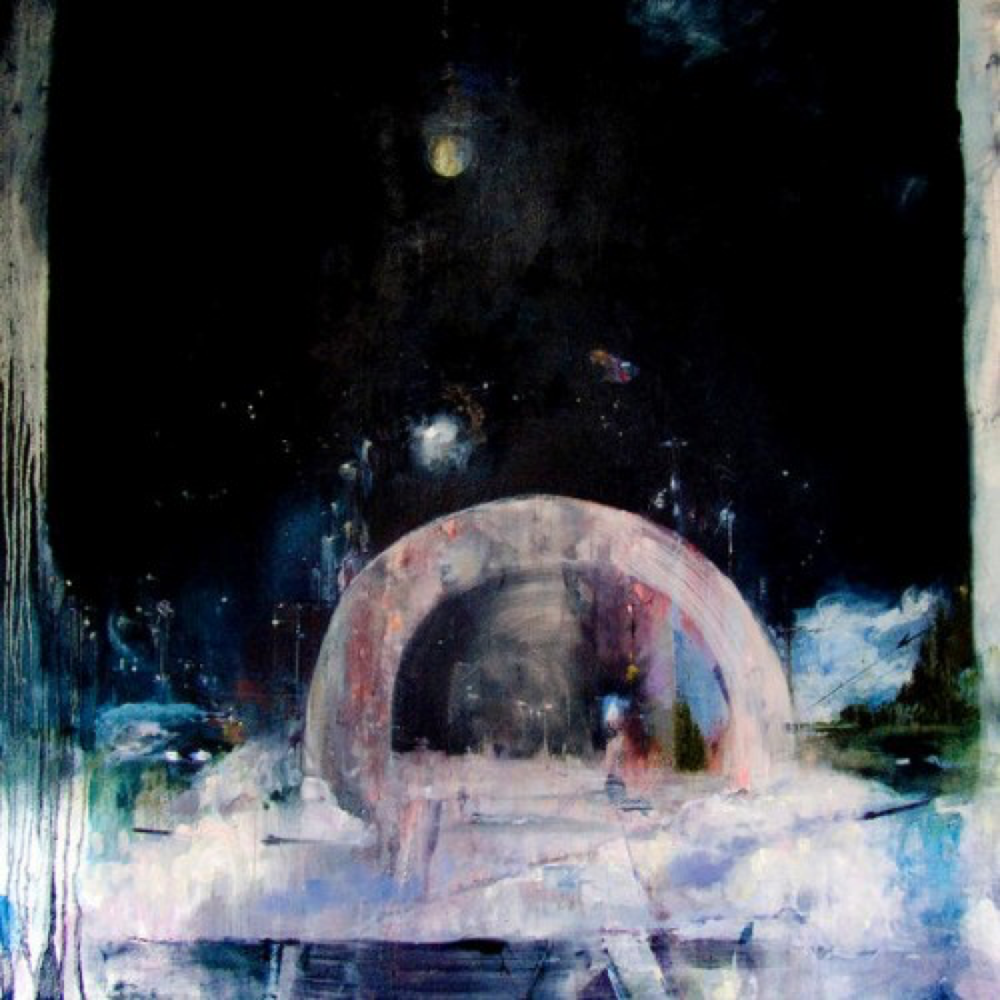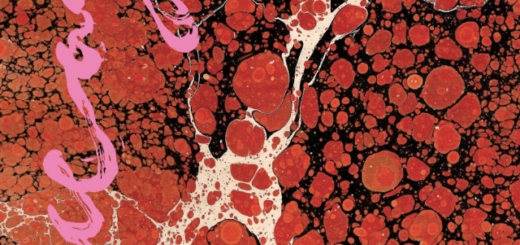NOT TO DISAPPEAR by Daughter

Genre: Dream Pop, Art Pop
Favorite Tracks: “Doing the Right Thing,” “No Care,” “Made of Stone”
The real shame of the iTunes and Spotify era is how often it causes people to skip around albums and only latch onto a few favorite tracks, rather than absorb albums as a whole. An individual single can be enriching, of course, but the sustenance of the cohesive work that an album provides makes for a full emotional arc that is so much more rewarding than singles can ever be. An excellent example of this is London trio Daughter’s new record NOT TO DISAPPEAR, an understated and taciturn record which could seem trite and pointless if only absorbed by its individual tracks, but which takes on heady nuance and a courageous dedication to exploring lead singer/guitarist Elena Tonra’s psyche when taken in as an entire work.
“New Ways” and “Numbers” open NOT TO DISAPPEAR and are deeply underwhelming walls of melodramatic melancholia noise; fine for moody, cloudy days walking alone, but not really applicable to any wider experience. Elena Tonra has a very pleasant knack for vocal hooks and novel turns of phrase, but her vocal stylings are too bland and mostly broad mimicries of the xx, The Cranberries’ Dolores O’Riordan, and Bjork to make her particularly captivating. What really makes these tracks unsatisfying is the way in which they feel almost intentionally distant in the way that the vocals are recorded to the illusory, indistinct instrumentation.
“Doing the Right Thing” is where the record perks up and starts to become engaging. “Then I’ll lose my children/Then I’ll lose my love/Then I’ll sit in silence/Let the pictures soak out of televisions,” Tonra croons over a straight-forward bass hook, her sincerity crossing the line from performative earnesty into an uncomfortably genuine confession of real loss. It was a smart choice as the first single for the record, as it does right what other parts of this record don’t. It gives the listener a window into the inherently inaccessible loneliness Tonra feels. This loneliness comes back into dramatic focus on “Alone/With You,” in which Tonra does a fantastic job shifting between the frustrations of living alone versus feeling alone when surrounded by other people.
This track leads to the obvious album standout “No Care,” a frantic, bright burst of neurosis that shocks the listener out of the dreamy fog the rest of the record generates. Suddenly, the instrumentation takes on a lightning focus. Forceful snares pummel the track forward while a clear guitar hook makes sure the listener stays along for the ride. Here, Tonra also finally drops any flowery vague allusions, addressing a former lover with venom and clarity: “Oh there has only been one time when we fucked/And I felt like a bad memory/Like my spine was a reminder of her/And you felt sick.” Alone, this is a pretty powerful moment, but in the midst of the murk and confusion of the record as a whole, it takes on even more meaning. Tonra finally finds the strength to say exactly what she thinks and feels after a lengthy journey of struggling with confusion. It’s immensely satisfying as a listener, because you’ve gone through that process with her, and the release is nothing short of revelatory.
The rest of NOT TO DISAPPEAR picks up after “No Care,” ending strong with “Made of Stone,” another moody and introspective track, but with a clear finality and acceptance lacking in the rest of the record. “Love, it’s just face painting/Love, it’s just easing, awaiting/Before dying without company.” Tonra’s made her peace with isolation, with loss and heartbreak, and hopefully the listener has as well.
If any of the tracks on this record were listened to in isolation, it’d be easy to write them off as pleasant but not remarkable. When absorbed and interpreted as a whole, NOT TO DISAPPEAR is a poignant, painful, and uncomfortably open admission of loss, guilt, and solitude, but a single cursory listen could never yield this conclusion. Daughter does nothing to reinvent the wheel in terms of their musicality; it’s simply discovering how well they operate within the confines of sad, confessional indie rock that makes them engaging. This may not be a universally lauded record, but if nothing else, NOT TO DISAPPEAR should be a pleasant reminder to everyone to listen a little more deeply before passing judgement on a piece of art.
Verdict: Recommend



